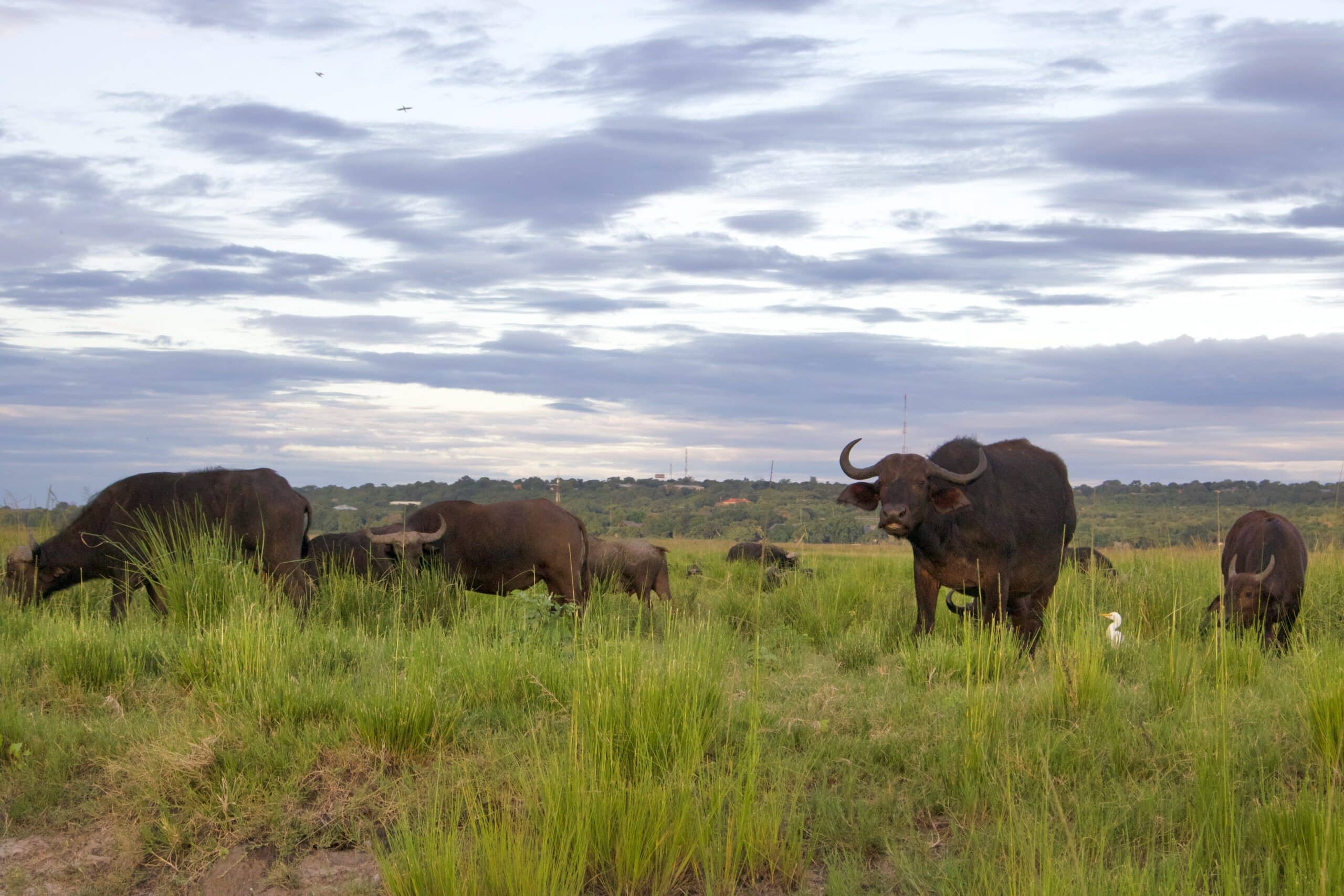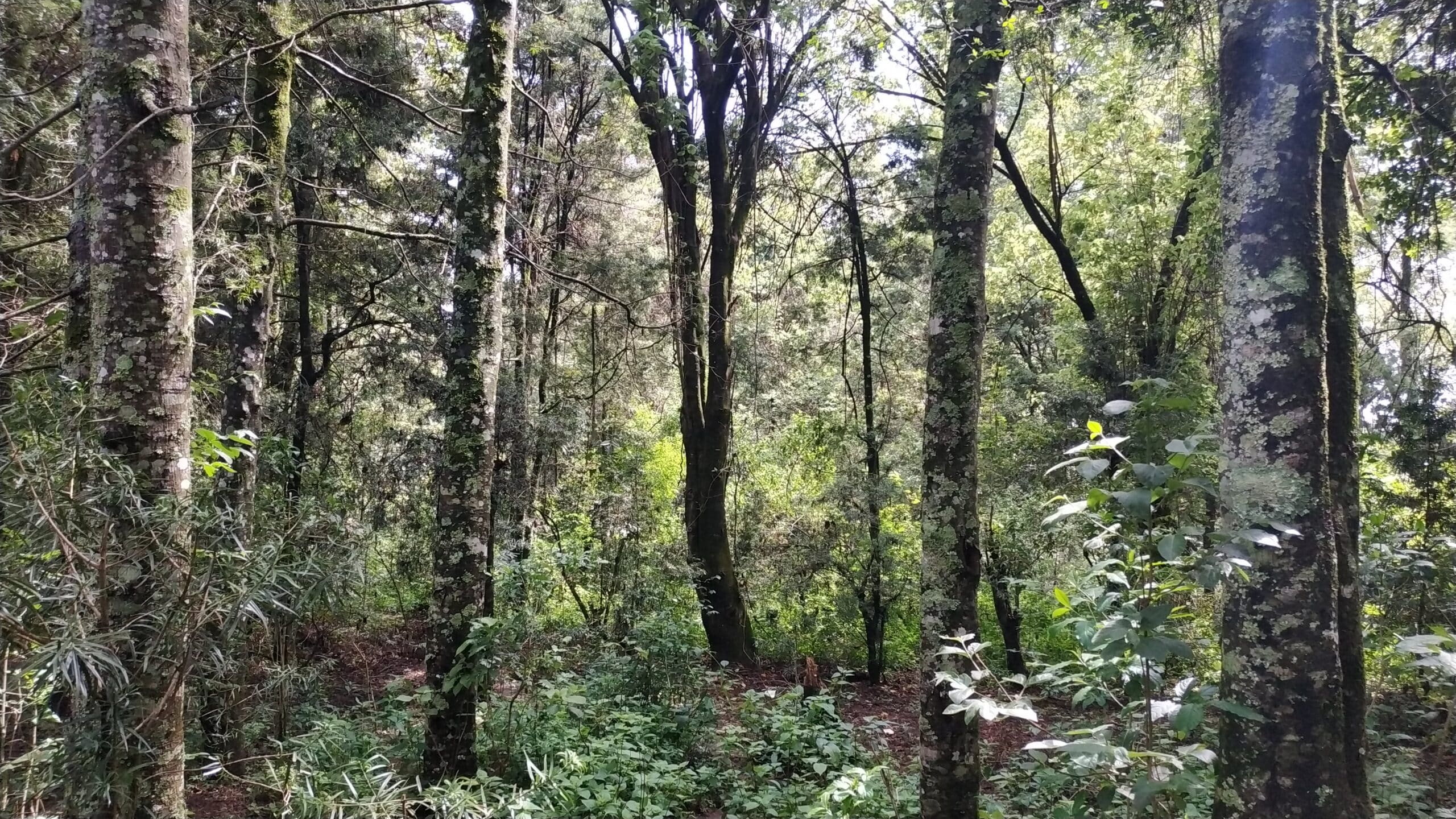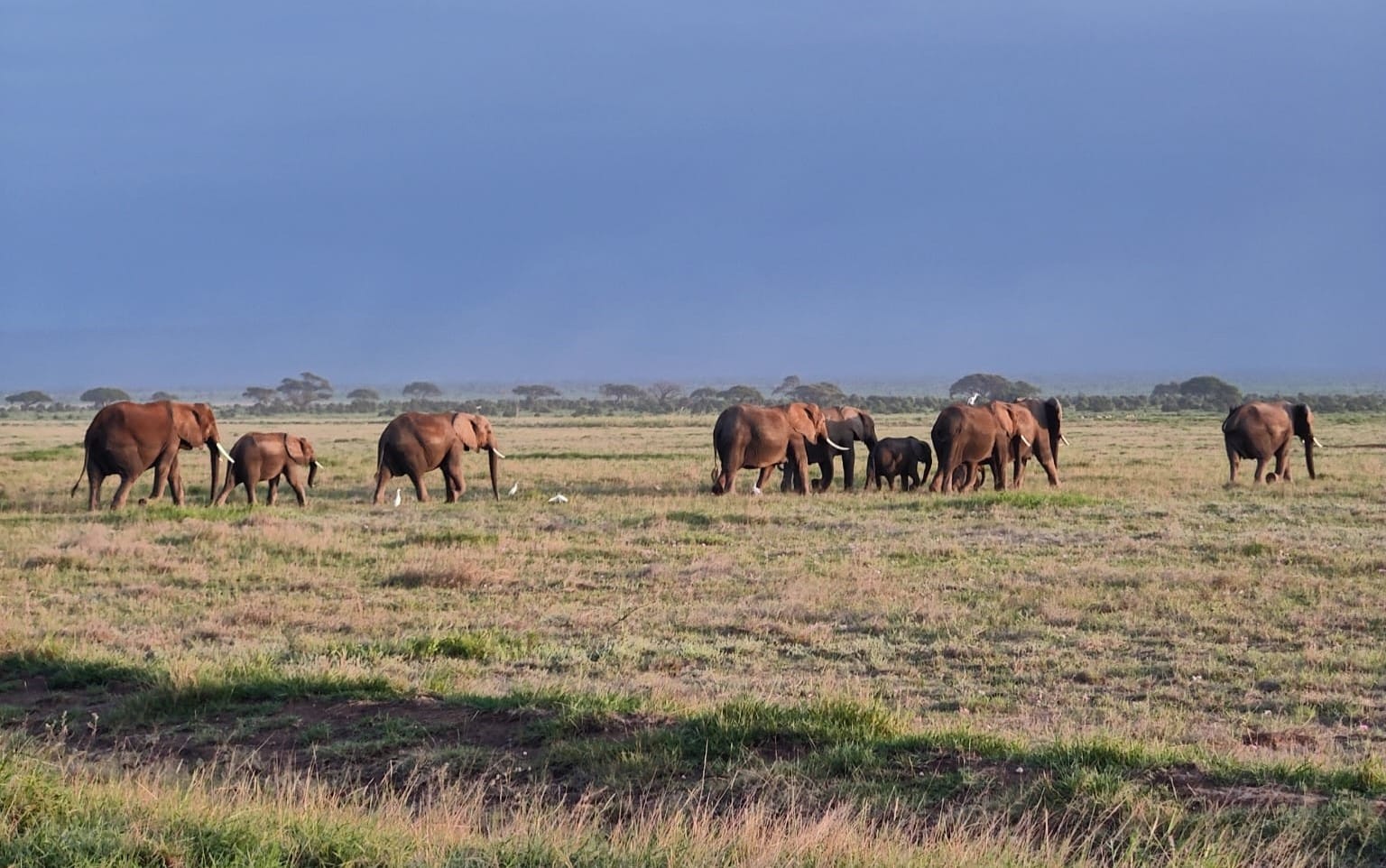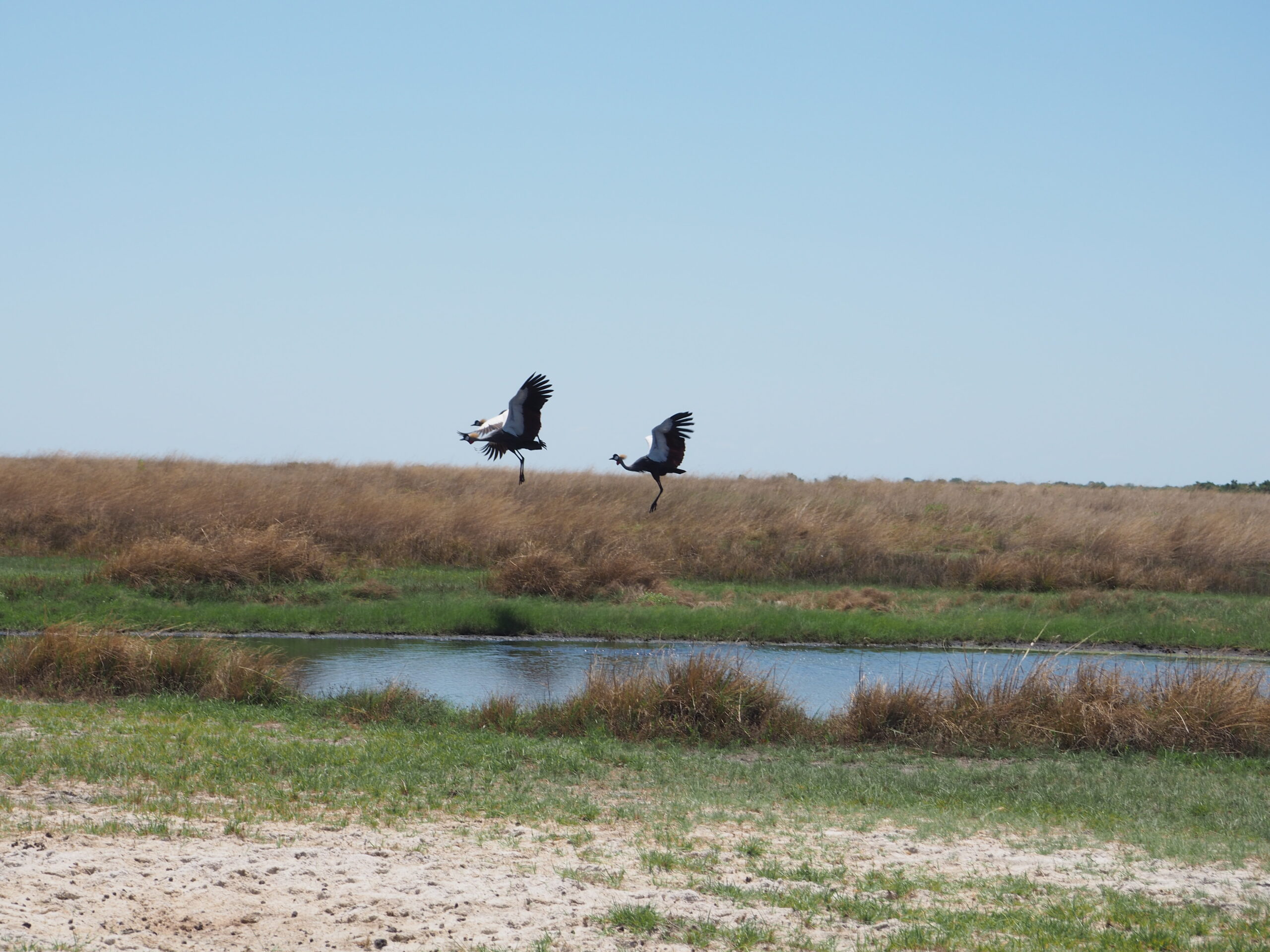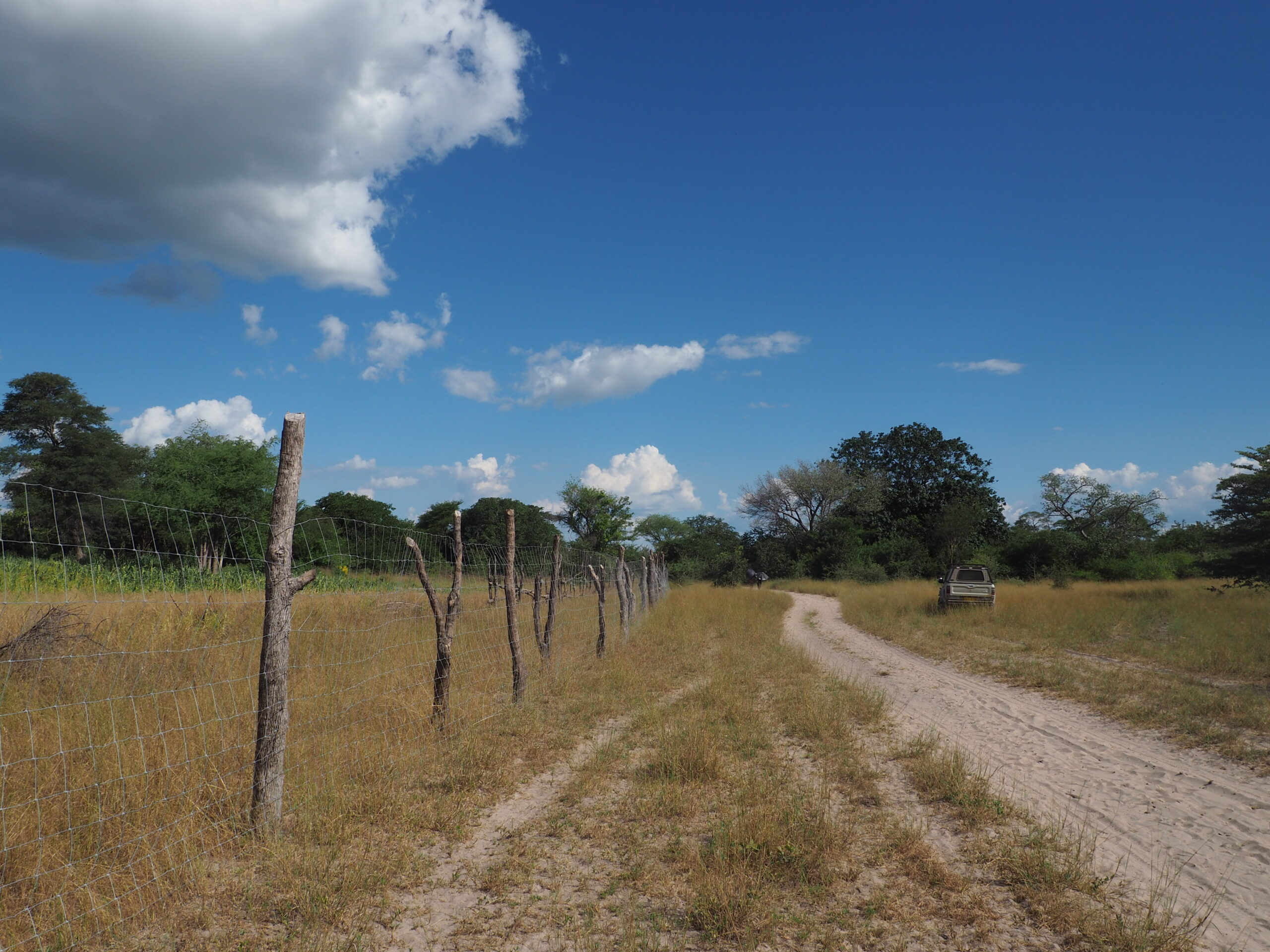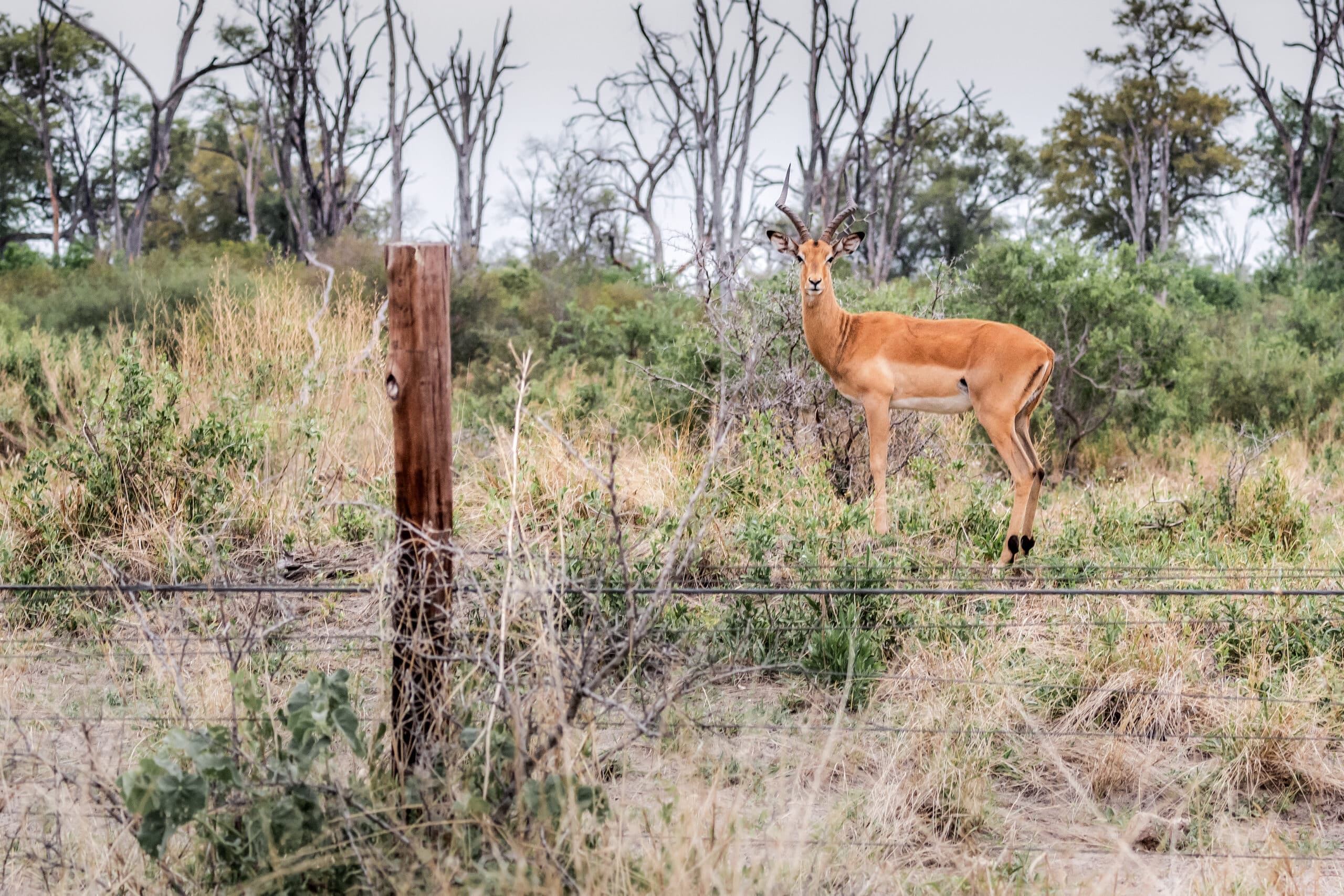Rewilding the Anthropocene
Human-Animal Assemblages in the Kavango-Zambezi Transfrontier Conservation Area
Rewilding the Anthropocene is a research project in environmental anthropology contributing to the budding field of environmental humanities and to debates on the shifting entanglements between people, flora, and fauna in the world’s largest conservation landscape, the southern African Kavango-Zambezi Transboundary Conservation Area (KAZA TFCA).
The project is a unique attempt to grasp changing socio-ecological relations among humans and other species through six field studies within KAZA TFCA. These studies follow a comparative approach to examine how human livelihoods, institutions, social imaginaries, and attitudes change under – and give rise to – new socio-ecological conditions. They also include an in-depth focus on six particular multi-species assemblages. Each assemblage is comprised of a loose multi-scalar network consisting of different species populations, environmental infrastructures and technologies, and human actors and organizations.
Beyond its empirical focus on southern Africa the project actively engages in debates and research on rewilding and conservation across the globe. Workshops, conferences and publications aim to contribute to an understanding of rewilding as a key strategy of environmental governance in the Anthropocene.

